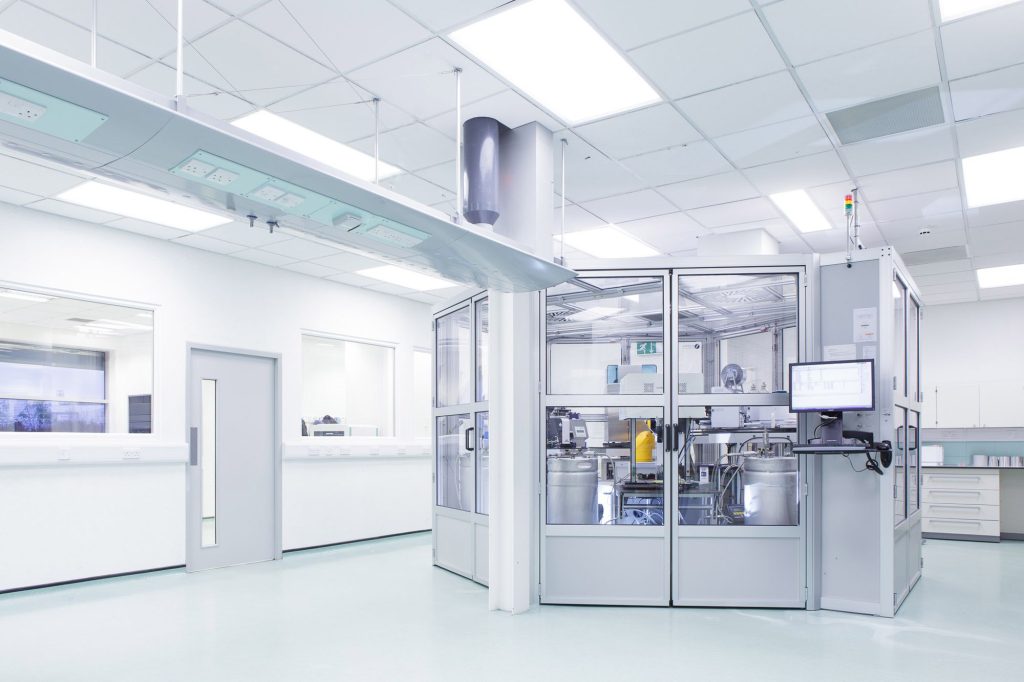The field of drug development has always been a complex and challenging endeavor, with the process of bringing a new drug to market taking on average 10-15 years and costing billions of dollars. However, recent advancements in advanced discovery services have revolutionized the way pharmaceutical companies approach drug development. These innovative approaches are unlocking the secrets of drug development, leading to more efficient and effective drug discovery, and ultimately, better patient outcomes.
High-Throughput Screening HTS:
One of the key elements of advanced discovery services is High-Throughput Screening HTS. HTS involves the rapid testing of thousands to millions of chemical compounds to identify potential drug candidates. This technology has dramatically accelerated the early stages of drug discovery. By automating the process, it allows researchers to quickly sift through vast chemical libraries to pinpoint compounds with the desired therapeutic properties. HTS has not only improved the efficiency of drug discovery but also led to the identification of novel targets and innovative drug candidates that might otherwise have gone unnoticed.

Artificial Intelligence AI and Machine Learning:
The integration of artificial intelligence and machine learning has become a game-changer in drug development. AI algorithms can analyze massive datasets to uncover hidden patterns and potential drug candidates. These technologies can also predict the likely success of specific compounds in clinical trials, reducing the risk of costly failures. Furthermore, AI-driven drug discovery can accelerate the identification of drug candidates for diseases with limited treatment options, such as rare diseases and certain types of cancer.
Structural Biology and Targeted Drug Design:
Understanding the three-dimensional structures of proteins and other biomolecules is crucial for designing drugs that interact precisely with their intended targets. Advanced discovery services utilize techniques like X-ray crystallography, nuclear magnetic resonance, and cryo-electron microscopy to determine the atomic-level structures of biomolecules. Drug Discovery Services enables the design of highly specific drugs that can selectively interact with their targets, reducing the risk of off-target effects and enhancing drug efficacy.
Personalized Medicine and Biomarker Discovery:
The advent of advanced discovery services has also paved the way for personalized medicine. By analyzing an individual’s genetic, molecular, and clinical data, researchers can identify the most suitable treatment options for a specific patient. Biomarker discovery, another crucial component of personalized medicine, helps identify specific markers in a patient’s body that can predict disease progression or response to treatment. This approach tailors drug development to individual patients, improving treatment outcomes and minimizing adverse effects.
Drug Repurposing and Drug Combinations:
Advanced discovery services have made drug repurposing and combination therapies more feasible and efficient. Instead of starting from scratch, researchers can reevaluate existing drugs for new therapeutic applications. This approach saves time and resources, making it possible to bring treatments to market more quickly. Additionally, combining existing drugs with different mechanisms of action can enhance their effectiveness and reduce the risk of resistance, particularly in the field of oncology.
Improved Preclinical and Clinical Testing:
Advanced discovery services have significantly improved preclinical and clinical testing, accelerating the drug development timeline. Technologies like organ-on-a-chip, 3D cell culture systems, and humanized mouse models offer more accurate representations of human physiology and disease processes, reducing the gap between preclinical and clinical success. Additionally, advanced diagnostic tools and imaging techniques help monitor patient responses in real-time, allowing for quicker adjustments to treatment regimens.

